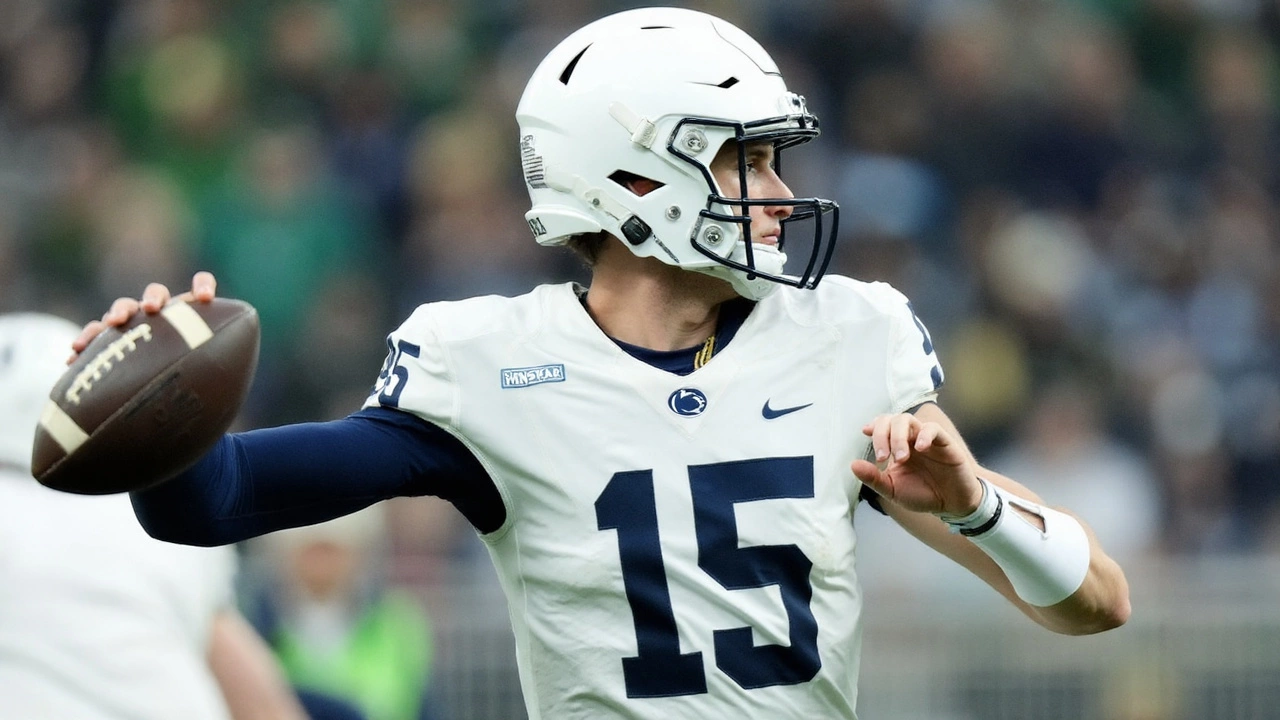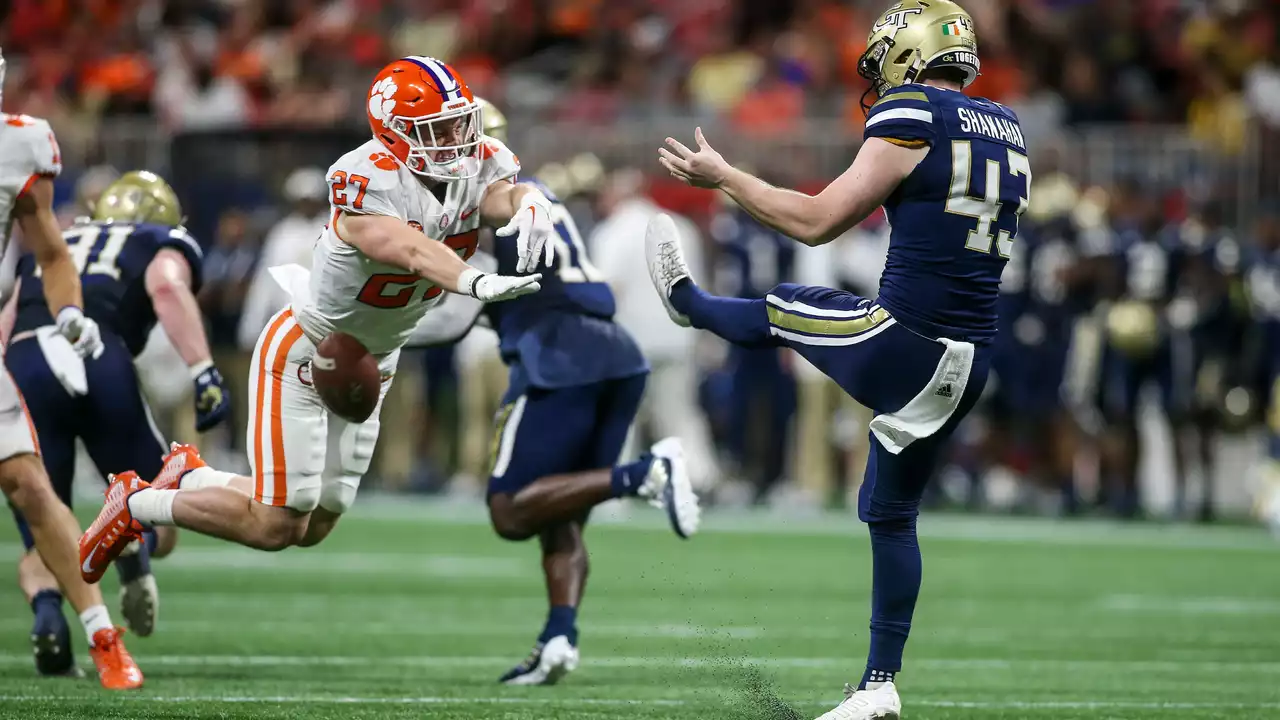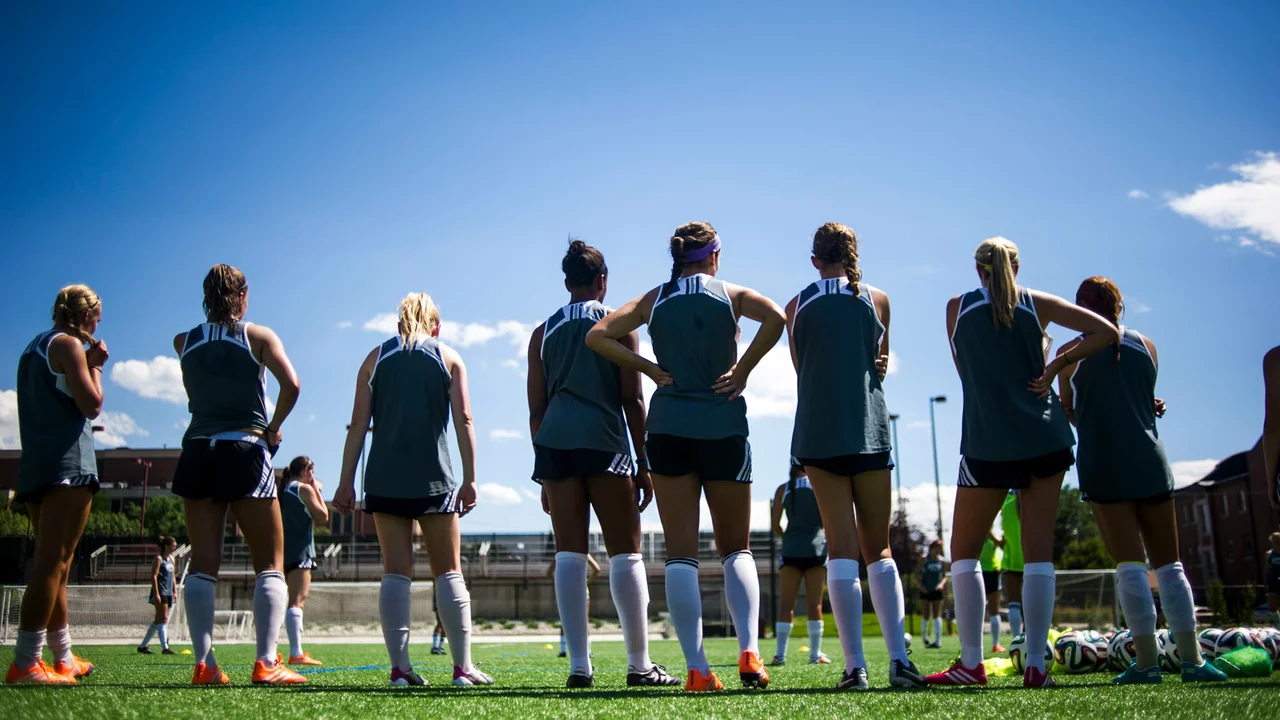College Football: What Every Student and Fan Should Know
If you live on or near a college campus, you’ve probably heard the roar of a marching band, seen the sea of jerseys, and smelled the tailgate grill. College football isn’t just a sport; it’s a community event that brings students, alumni, and locals together every weekend. Below you’ll get the practical stuff you need – from getting into games for free, to staying safe on the field, and making the most of the game‑day experience.
Free Admission for Students? Here’s How It Works
Many schools let their own students attend football games without paying a ticket. The catch? It’s not a blanket rule for every campus. Most public universities offer a limited number of complimentary seats per class, while private schools might charge a small fee to cover stadium costs. The best move is to check your school’s athletics website or call the ticket office early in the season. Some schools even let you reserve seats online with your student ID, so you’re not left waiting in a long line on game day.
Pro tip: sign up for the athletic department’s email list. They often send out “free ticket alerts” when extra seats become available. And if you’re part of a club or fraternity, you might get group tickets at a discount.
Making Game Day Fun and Safe
Game day is more than the final score. It’s tailgating, cheering, and maybe even a little friendly rivalry with the other school. To keep the day smooth, arrive early to claim a good spot for your grill or picnic blanket. Bring a cooler, portable chairs, and a soccer ball for the kids. And remember, stadiums have strict rules about alcohol, glass containers, and large grills – a quick glance at the venue’s policy can save you a ticket fine.
If you’re a player, health safety is a top priority. Recent discussions around cardiac issues in elite college athletes have highlighted the need for regular heart screenings. Most NCAA programs now require a pre‑season ECG and an echocardiogram to catch hidden conditions early. As a player or a fan, keep an eye on any unusual symptoms like dizziness or chest pain and report them right away.
For non‑players, staying safe means obeying stadium rules, staying hydrated, and using designated paths to avoid crowd crushes. If you’re bringing kids, keep them close and teach them the “stay, sit, and be still” rule if something looks unsafe.
Whether you’re there for the hype, the halftime show, or the chance to see future NFL stars, college football offers a unique slice of American culture. By knowing how to snag free tickets, respecting safety guidelines, and embracing the tailgate vibe, you’ll get the most out of every Saturday night under the lights.


